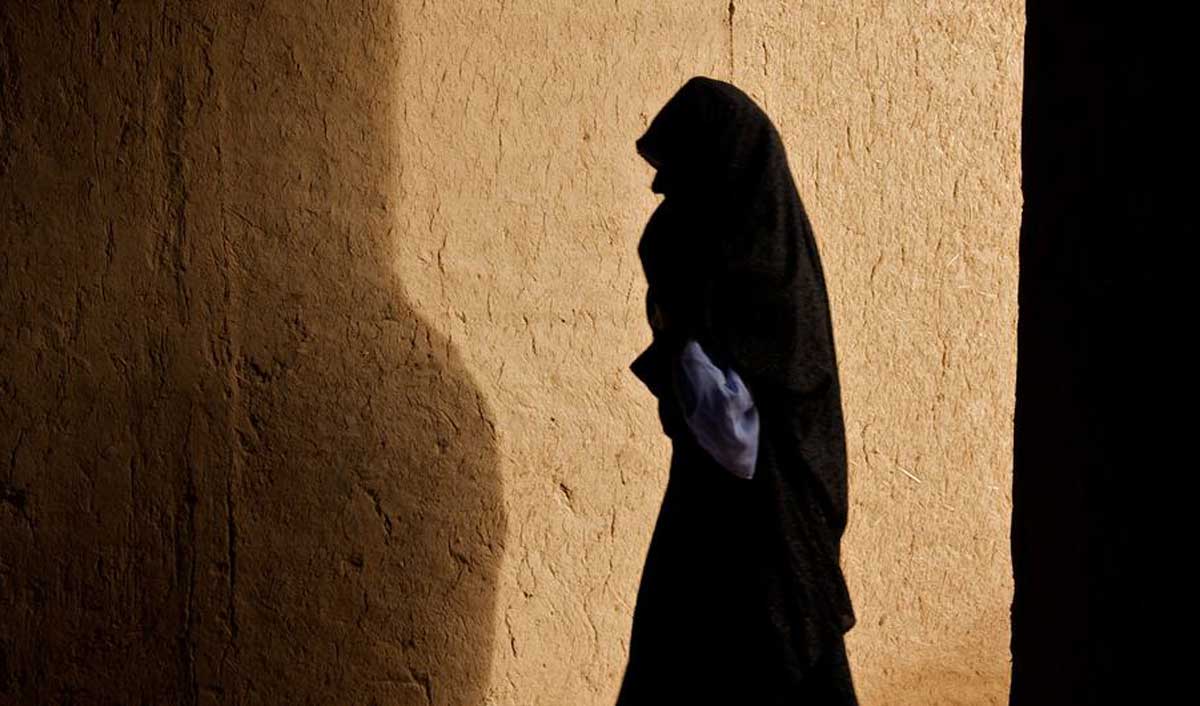After those two years passed, the Taliban keeps violating systematically the human rights in general and the rights of various minorities in particular. In broad terms, the expectations regarding this organization’s evolution towards a more tolerant and modernist structure have failed. These conclusions were voiced by the UN experts in their statement on the situation in Afghanistan based on the analysis of the Taliban’s current state. According to the UN experts, the gap has widened between the promises of the Afghan de facto authorities and their practices; so the hopes for the Taliban’s policy changing for the better turned out to be in vain.
“Two years ago, the Taliban seized power in Afghanistan and since then, the policies they impose on the Afghan population have led to constant, systematic and shocking violations of human rights in many ways including the right of education, work, freedom of speech, free association and assembly,” the statement said. The experts are concerned about the constant flow of reliable reports on improper acts such as the executions without due process of law, the enforced disappearances, the widespread practice of unreasonable incarceration, the tortures, the ill-treatment as well as the illegal expulsion from homes. The authors of the statement note that persons, who suffer the most, are women and girls, ethnic, religious and other minorities, people with disabilities, displaced persons, LGBTQ+, human rights defenders and other representatives of civil society including journalists, people of art, teachers as well as former government and security officials. Despite the assurances from the Taliban de facto authorities that any restrictions, especially on access to education, would be just a temporary measure, the facts “indicate that the system of segregation, marginalization and persecution gains pace and gets systematic and omnipresent”.
In December 2022, the Taliban de facto authorities banned women from working in non-governmental organizations, then in April this year, at the UN, too. Now, it is reported that in several provinces, the de facto authorities instructed schools on denial of access to studying for girls over the age of 10, whereas previously the ban covered elder girls, after the 6th grade of school. “A lot of Afghan women and men including many community leaders and teachers have expressed their deep disappointment with the situation consisting in the fact that from now on, girls and women could not continue their education”, the experts emphasize.
According to the experts, “the economy getting weaker and weaker, the drought and other climate shocks have jeopardized the social, economic and cultural rights of Afghans even more and exacerbated the need for a humanitarian assistance”. As estimated, 16 million children in Afghanistan do not obtain the basic nutrition and medical care necessary for their well-being and right development. The economic downturn generates harmful and violent practices such as the forced marriage of girls and even children, the abuse, the economic and sexual exploitation, the sale of children, the sale of organs, the forced labor and especially child labor, the human trafficking and the unsafe migration. The UN experts urge the Afghan de facto authorities to change immediately their policy on the rights of women and girls and, in particular, to allow women to work and run business, to ensure freedom for Afghan residents of movement and participation in political and public life and to reopen immediately – for girls and women – the schools at all levels and the universities.
These conclusions are correct but no sufficient; they do not reflect the complex dynamics of the Afghan social and political life in full. Moreover, such strong conclusions made in the all-or-nothing fashion leave few opportunities for influencing the situation from outside nevertheless that the UN, the largest international organization designed to solve world conflicts and crises, should play more tangible role in the Afghan settlement and in the humanitarian support rendering for Afghan citizens. Of course, the Taliban will react extremely negatively to this statement and draw their own conclusions that would just worsen the situation for the ordinary Afghan peoples and societies. I believe, the UN, like other major global mediators, should use more subtle methods and mechanisms of working with the Taliban.
As the matter of fact, unfortunately, always, the violence has accompanied the Afghan history. The phenomena that the UN experts write and talk about are not news or an innovation of the Taliban. Certainly, the state of affairs needs to be dealt with and a systematic work should be carried out so that to minimize and further eliminate the awful practices. But the Taliban is the political and social reality of modern Afghanistan. There’s nothing one can do about it. Hence, the contacts with the Taliban should be built up more subtly and in multilevel manner. An appropriate dialogue and, perhaps, some pressure rendering should be exerted on the sponsors of the most radical factions of the Taliban, in particular, on the Pakistani conservative military. Upon that, the international organizations including the United Nations should conduct a confidential dialogue with the Taliban using explanations and arguments. This radical movement wanted eagerly to come to power; so of course, now, it wants to keep this power. Consequently, the international humanitarian assistance, the lifting of sanctions, the diplomatic recognition, and the unfreezing of the sovereign Afghan funds are favorable for the Taliban.
Today, the Taliban remains an extremely conservative, radical and fundamentalist movement, which replaced effectively the entire state apparatus in the country. Many of the Taliban’s practices are unacceptable and unimaginable to a modern person. However, today Afghanistan is the Taliban. There are quite rational elements among the Taliban leaders, who seek a dialogue with the outside world. If to deny and ignore their opinions, it will hit the Afghan population even harder.
